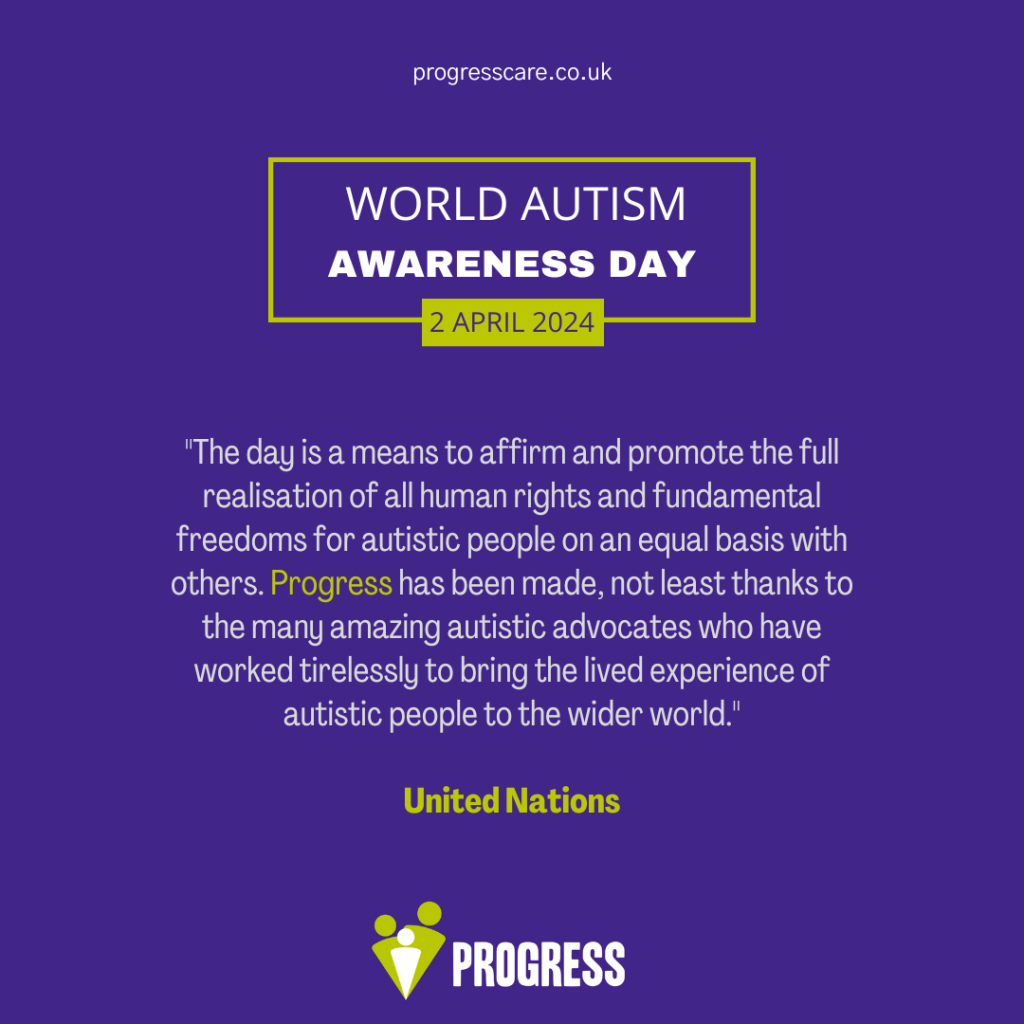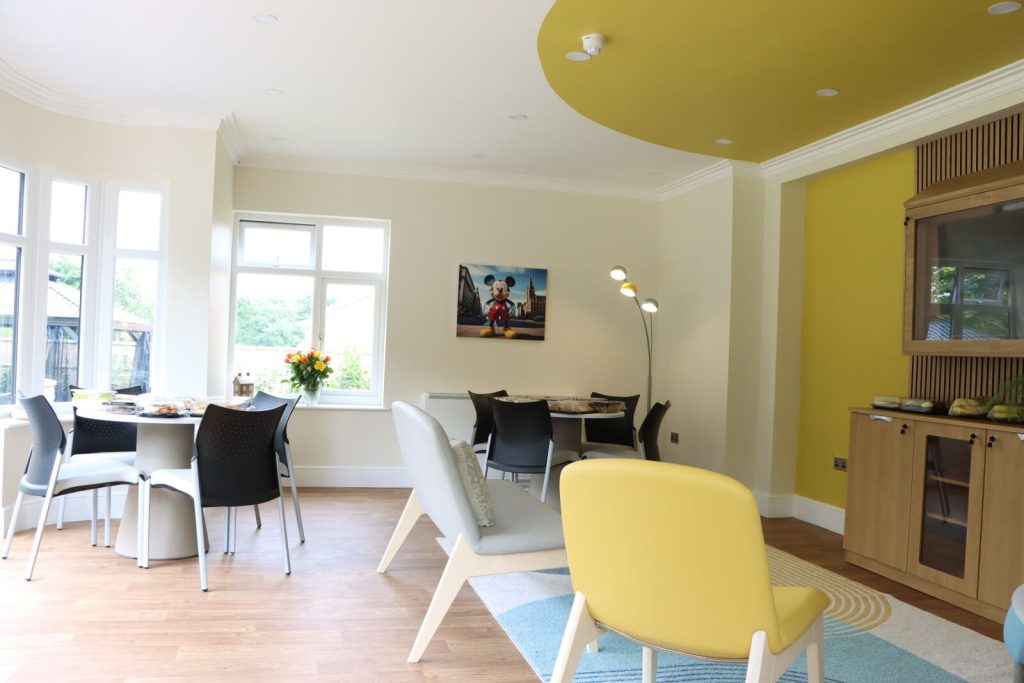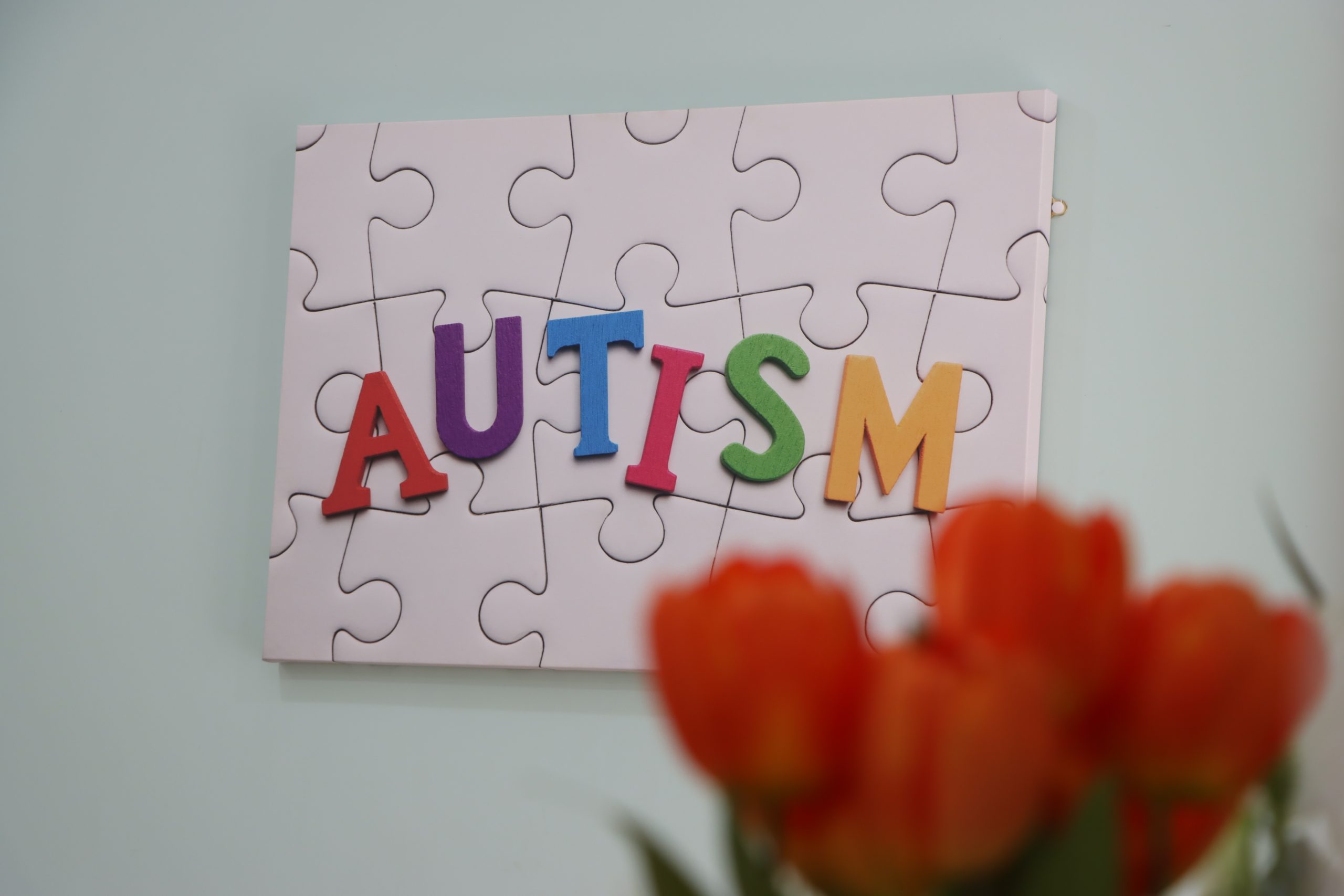Tuesday 2 April 2024 is World Autism Awareness Day
The United Nations General Assembly unanimously declared 2 April as World Autism Awareness Day to highlight the need to help improve the quality of life of those with autism so they can lead full and meaningful lives as an integral part of society.
Autism is a lifelong neurological condition that manifests during early childhood, irrespective of gender, race or socio-economic status. The term Autism Spectrum refers to a range of characteristics. Appropriate support, accommodation and acceptance of this neurological variation allow those on the Spectrum to enjoy equal opportunity, and full and effective participation in society.
Autism is mainly characterised by its unique social interactions, non-standard ways of learning, keen interests in specific subjects, inclination to routines, challenges in typical communications and particular ways of processing sensory information.
The rate of autism in all regions of the world is high and the lack of understanding has a tremendous impact on the individuals, their families and communities.
The stigmatisation and discrimination associated with neurological differences remain substantial obstacles to diagnosis and therapies, an issue that must be addressed by both public policymakers in developing nations, as well as donor countries.

700,000
There are 700,000 autistic people in the UK – that’s more than 1 in 100. If you include their families, autism is a part of daily life for 2.8 million people.
30%
Just 30% of autistic adults in the UK are in any form of paid employment. This is amongst the lowest rates of employment for people with additional needs or disabilities.
3x
Autism is 3 times more prevalent in boys than girls. Signs of autism in girls can present themselves differently and as a result can be misdiagnosed or missed leading to more boys getting a diagnosis.
Progress’ autism-aware approach to interior design
“Colours can have a profound impact, especially for children with autism. We strive to create adaptable spaces where colours can be changed to suit individual preferences, ensuring the environment remains stimulating and comforting.”

At the core of Progress’ approach to interior design is the concept of sensory design. We utilise principles such as space, colour, texture, form, and light to create spaces that meet the unique sensory requirements of the children they care for. These principles are not just about aesthetics; they are fundamental in addressing the sensory needs of the children.
Preet Anand, founder of Mood Interiors, has been instrumental in redefining the role of interior design at Progress’ homes. Preet and her team approach each Progress project by understanding the specific needs of the children. She described it as a comprehensive process that takes into account the individual requirements of each child.
In sensory design, colour plays a pivotal role. Preet says, “Colours can have a profound impact, especially for children with autism. We strive to create adaptable spaces where colours can be changed to suit individual preferences, ensuring the environment remains stimulating and comforting.”




